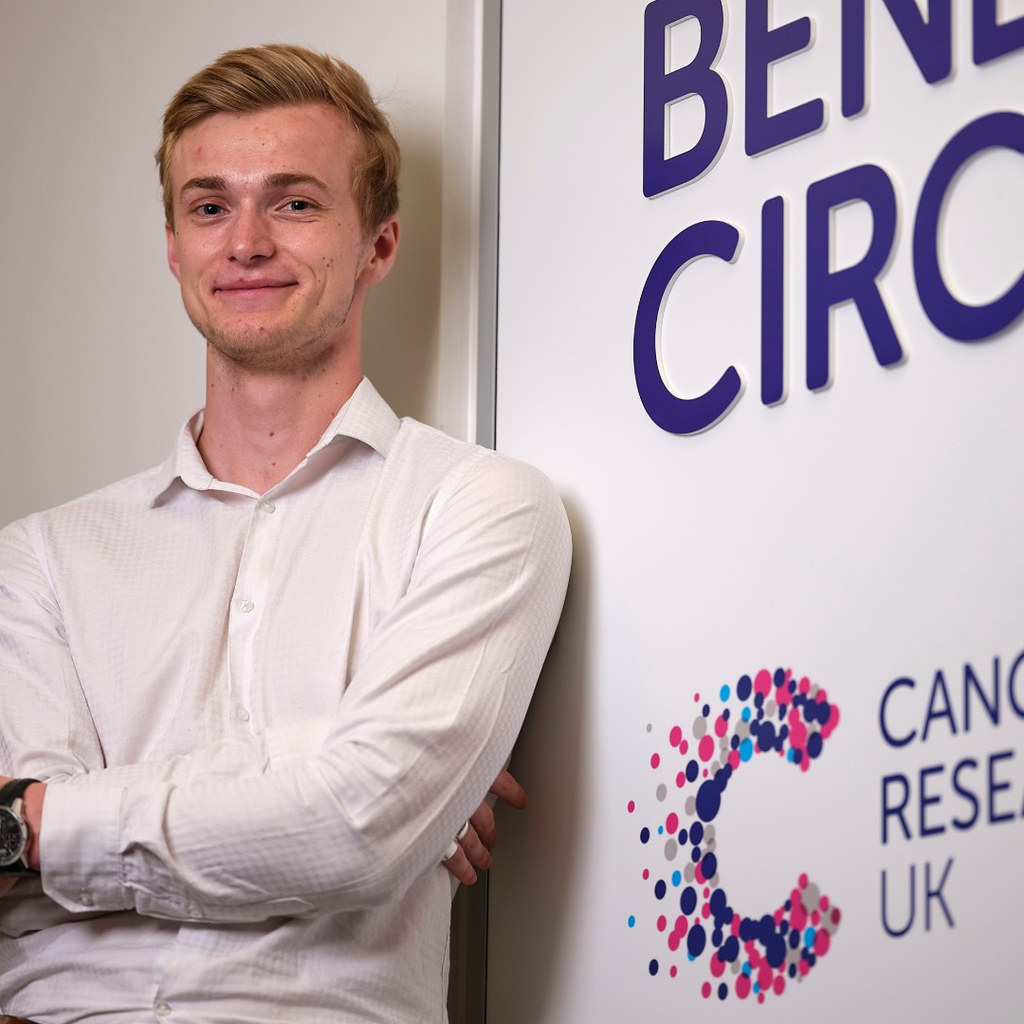Throughout these sessions, you'll find out how to create CVs and cover letters that stands out to employers.
You'll work with your Placement Officer during Year 1 to find out more about the skills and experience that relevant employers are looking for. This will help you when you come to apply for your placement during your second year.
You will use this feedback to write an example CV and cover letter, which you'll present to your Placement Officer for feedback.
By the end of Year 1, you should have the skills to tailor your CV and cover letters to a range of employers ahead of your placement search when you return to the University to start Year 2.
You will also learn how to use Bath resources, such as MyFuture, and social media platforms like LinkedIn to discover opportunities, expand your network, and showcase your skills as a young professional.



